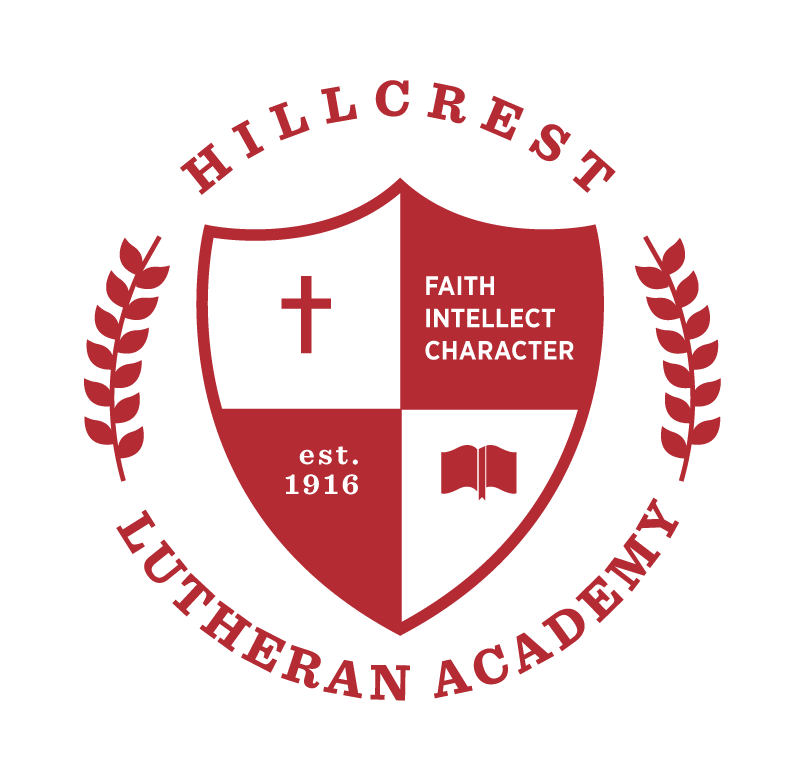8th Graders Share Meteorology Knowledge with 5th Grade Class and Elevate the Power of Narration
Hillcrest’s 8th-grade students recently made a special visit to the lower school, engaging in a dynamic discussion with the 5th-grade class about meteorology. This experience was more than just an academic exercise—it was a living illustration of how knowledge is strengthened through narration and how learning is meant to be shared in a community.
For several weeks, both grades have studied weather and weather patterns, though at different depths. While the 5th graders have been learning foundational concepts about atmospheric conditions and storms, the 8th-grade class has been diving deeper into the science behind meteorological phenomena and catastrophic events. As part of Hillcrest’s classical approach to learning, the older students had the opportunity to practice articulating their knowledge, engaging with younger students in a way that built confidence, deepened understanding, and reinforced the importance of knowledge as a communal pursuit.
In the classical education model, narration is more than just repeating facts—it is a key tool in developing wisdom and communication skills. When students explain what they have learned, they move from passive information recipients to active knowledge participants. This process refines their thinking, reinforces their learning, and allows them to see the beauty of God’s order in creation.
As the 8th graders shared their insights into meteorology, they weren’t just teaching but solidifying their understanding. By explaining complex concepts in terms that 5th graders could grasp, they engaged in an intellectual exercise that demanded clarity and precision. Their narration did more than inform—it invited their younger peers into the joy of discovery.
The beauty of this experience was not just the exchange of facts but also the fostering of a learning community. As the 8th graders spoke, they modeled curiosity and passion for knowledge, inspiring the 5th graders to express their thoughts and questions. In turn, The younger students responded excitedly, sharing their insights about clouds, storms, and seasonal changes.
This interaction was a picture of what education is meant to be—a dialogue, a relationship, a shared pursuit of truth. In a world that often views knowledge as individualistic or transactional, Hillcrest’s approach reminds students that learning is an act of service, a means of edifying one another, and a way of honoring the community God has placed us in.
Experiences like this are more than just special moments in the school year. They are formative exercises that build habits of thinking, speaking, and engaging with others—habits that students will carry with them beyond the classroom. Learning to articulate what they know, to listen well, and to enter into meaningful conversations about the world cultivates skills that will serve them in high school, college, and beyond.
At Hillcrest, students are not just trained to accumulate knowledge but to share it in clear, thoughtful, and honoring ways that honor the world God has created. This is part of what it means to disciple young minds—to equip them to see, name, and celebrate the structures and order that God has placed in His creation. When students narrate their learning, they affirm their understanding and invite others into a deeper awareness of the world around them.
In a world that often values information over wisdom, Hillcrest is committed to forming students who not only know but also share—who disciple others through what they have learned and who see education not as an end in itself but as a means of knowing and glorifying the God who created all things.
